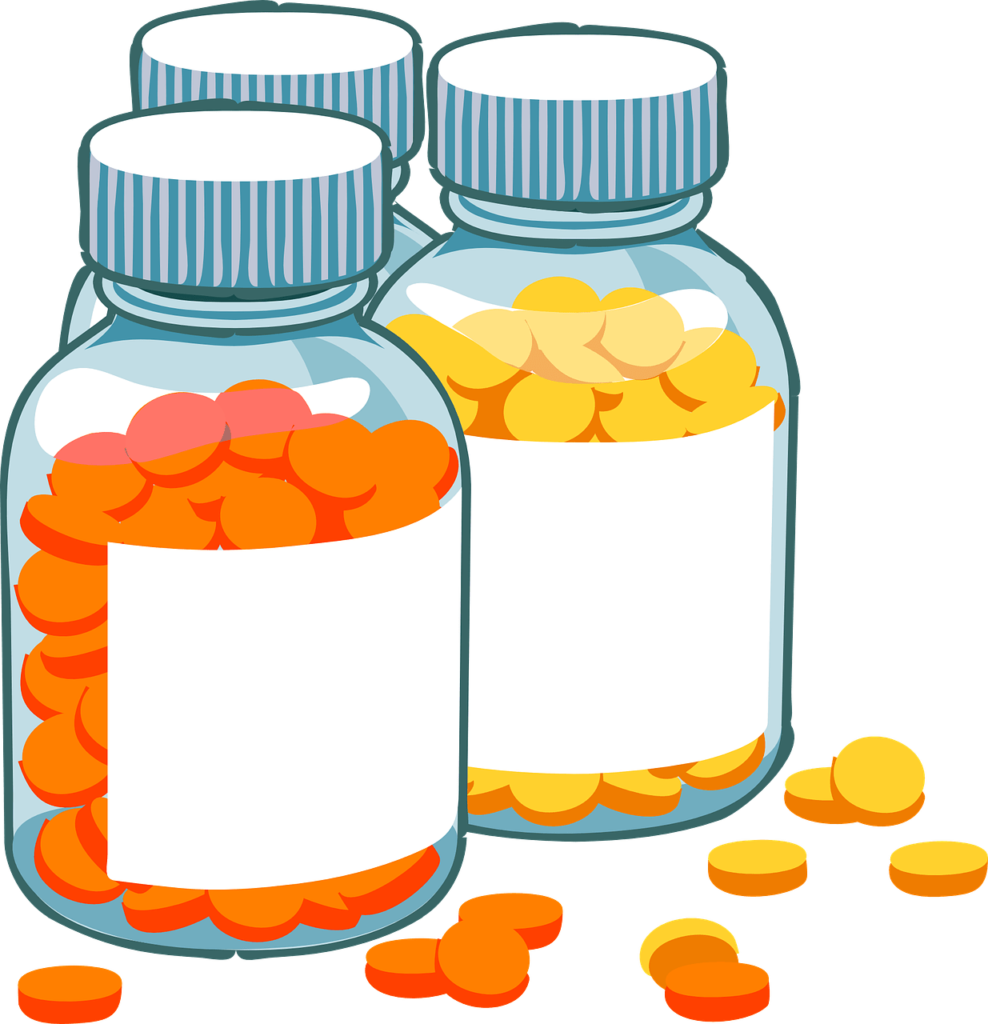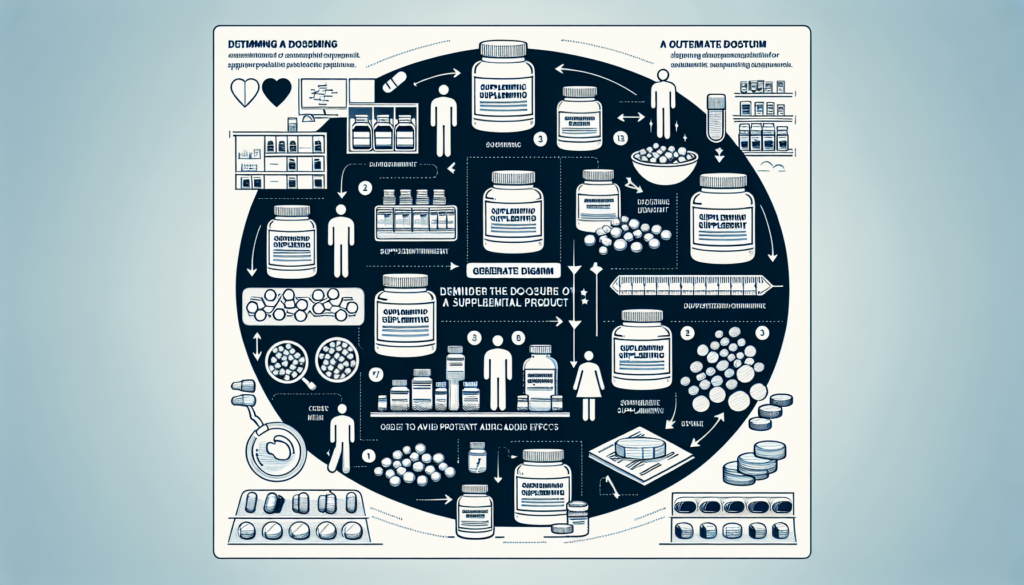Are you unsure about how much of a supplement to take? Determining the right dosage can be tricky, but fear not! In this article, we’ve got you covered with 7 tips that will help you find the perfect dosage for your needs. From checking the label for recommended amounts to consulting with a healthcare professional, you’ll be armed with the knowledge to make an informed decision and get the most out of your supplement. So let’s dive in and discover the secrets to finding the right dosage for a supplement!

Factors to Consider
When determining the right dosage for a supplement, there are several important factors that you should take into consideration. By carefully evaluating these factors, you can ensure that you are taking the appropriate amount of the supplement to meet your specific needs and achieve the desired benefits. Some of the factors to consider include consulting with a healthcare professional, understanding the supplement’s purpose, considering personal health needs, evaluating age and weight, and reviewing research and recommendations.
Consulting with a Healthcare Professional
One of the first and most crucial steps in determining the right dosage of a supplement is to consult with a healthcare professional. Your doctor or a qualified healthcare practitioner can provide you with expert guidance and advice based on your individual health status, medical history, and any medications you may currently be taking. They can offer invaluable insights into the supplement’s potential interactions with your existing medications and whether it is safe for you to take.
Understanding the Supplement’s Purpose
To determine the right dosage for a supplement, it is essential to have a clear understanding of its purpose. Different supplements have different intended benefits, whether it is addressing a specific nutrient deficiency, supporting immune health, promoting joint mobility, or aiding in weight loss. By identifying the desired benefits you hope to achieve from the supplement, you can better gauge the appropriate dosage needed to reach those goals.
Considering Personal Health Needs
When determining the right dosage of a supplement, it is crucial to consider your personal health needs. Everyone’s body is unique, and certain health conditions or concerns may require adjustments in dosage. For example, if you have a specific health condition such as diabetes or high blood pressure, it is important to discuss the supplement dosage with your healthcare professional to ensure it is safe and appropriate for your condition.
Evaluating Age and Weight
Age and weight are important factors to consider when determining the right dosage of a supplement. Certain supplements may have age-related dosage guidelines, where the dosage may vary depending on whether it is for children, adults, or seniors. Additionally, weight-based dosage recommendations may also exist, especially for supplements that have an impact on metabolism or weight management. It is important to follow such guidelines to ensure the supplement is effective and safe for your age and weight category.
Reviewing Research and Recommendations
To make informed decisions about the dosage of a supplement, it is essential to review the available research and recommendations. Scientific studies and clinical trials can provide valuable insights into the optimal dosage range for a particular supplement. Expert opinions and guidelines from reputable sources should also be considered. By reviewing and understanding the available research and recommendations, you can ensure that you are taking the supplement at the appropriate dosage.
Now that we have discussed the factors to consider when determining the right dosage of a supplement, let’s explore some practical tips and guidelines that can help you navigate this process effectively.
Starting with the Minimum Effective Dose
When you begin taking a supplement, it is generally recommended to start with the minimum effective dose. This means starting with the lowest recommended dosage and gradually increasing it if necessary. This approach helps you gauge your body’s response to the supplement and minimizes the risk of potential side effects that may arise from high initial dosages. By starting low and gradually increasing the intake, you give your body time to adapt and adjust to the supplement.

Monitoring for Benefits and Side Effects
Once you have started taking the supplement, it is essential to monitor both the benefits and potential side effects. Observing any positive changes in your health, such as improved energy levels or better sleep, can indicate that the dosage is effective for you. On the other hand, if you notice any adverse reactions, such as gastrointestinal discomfort or allergic symptoms, it may be an indication that the dosage is too high for your body. By actively monitoring these factors, you can make adjustments in the dosage accordingly.

Following Manufacturer’s Instructions
Manufacturers of supplements generally provide instructions on the packaging or label regarding the recommended dosage. It is crucial to carefully read and follow these instructions. The manufacturer’s instructions take into account the specific formulation and concentration of the supplement, ensuring safety and efficacy. If you have any doubts or questions about the recommended dosage, do not hesitate to seek clarification from the manufacturer’s customer support.

Regularly Reassessing Dosage
Dosage requirements for supplements may vary over time, depending on changes in your health status and personal responses. It is important to regularly reassess the dosage and make adjustments as needed. For example, if you experience a change in health, such as the onset of a chronic condition or recovery from an illness, the dosage may need to be modified. Additionally, periodic consultations with a healthcare professional can help ensure that the dosage is still appropriate for your needs.
In conclusion, determining the right dosage of a supplement is a multifaceted process that involves several factors. By consulting with a healthcare professional, understanding the purpose of the supplement, considering personal health needs, evaluating age and weight, reviewing research and recommendations, starting with the minimum effective dose, monitoring for benefits and side effects, following the manufacturer’s instructions, and regularly reassessing the dosage, you can optimize the effectiveness and safety of the supplement for your individual needs. Always remember to prioritize your health and consult with a healthcare professional before making any changes to your supplement regimen.
